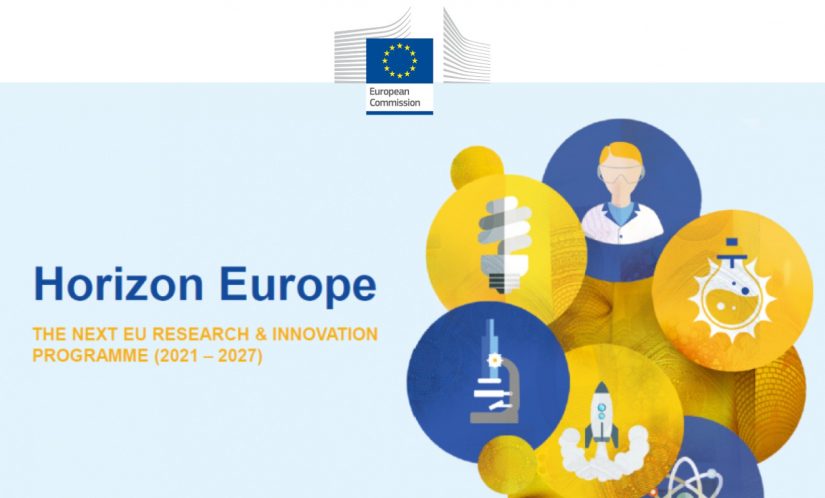
The Faculty of Psychology, Universitas Gadjah Mada, through its Center for Public Mental Health (CPMH) team, has once again received international recognition with the successful awarding of funding for the proposal “Religion and Healing: Collaborative and Participatory Methodologies (RHEAL)” from the Horizon Europe Framework under the Marie Skłodowska-Curie Actions (MSCA) Staff Exchanges scheme. The RHEAL program focuses on developing cross-cultural and interdisciplinary approaches to healing in the field of mental health.
The RHEAL consortium involves 13 universities from Asia, Africa, Europe, and America, marking a strong global collaboration in mental health research and innovation. The CPMH team, which includes Diana Setiyawati, S.Psi., MHSc., Ph.D., Psikolog., Wulan Nur Jatmika, S.Psi., M.Sc., Dr. Bagus Riyono, M.A., Psikolog., and Adelia Khrisna Putri, S.Psi., M.Sc., will collaborate with Prof. Erminia Colucci, adjunct professor at the Faculty of Psychology UGM, who also serves as the main coordinator of this program. Through this funding scheme, UGM has received €140,280 (approximately IDR 2.5 billion) to support research activities and staff exchanges aimed at developing participatory methods to explore local healing practices in Indonesia. In addition, UGM will host several partner universities for inbound visits to jointly build capacity in the same theme.
Broadly, the RHEAL program aims to develop innovative interdisciplinary methodologies that foster collaboration among researchers, healthcare professionals, religious leaders and traditional healers, individuals with lived experience of mental health conditions, and their families. By utilizing approaches from anthropology, creative arts, sociology, psychology, and psychiatry, RHEAL seeks to address challenges in mental health by examining communication and knowledge exchange among various therapeutic approaches.
The program will focus on mental health and spiritual practices such as trance and possession, with the goal of bridging the gap between modern medical perspectives and traditional beliefs. RHEAL identifies best healing practices through ethnographic methods, micro-phenomenology, and creative participatory approaches, in order to develop person-centered and collaboratively designed (co-designed) models of knowledge transfer.
Furthermore, the program will employ visual and multimodal approaches, such as participatory video and photography, to understand the real and embodied experiences of the healing process. In this way, RHEAL is expected to transform our perspectives on healing and encourage better, more sustainable, and inclusive policies.
The Faculty of Psychology UGM expresses its appreciation for this achievement and remains committed to supporting the development of collaborative research with broad impact at both national and international levels. By emphasizing the importance of systems that are inclusive of individual experiences and traditional knowledge, RHEAL has the potential to contribute to sustainable health policies and enrich the global discourse on integrative healing.
